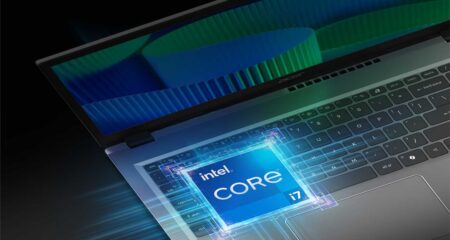
Microsoft dealt a blow to its partner Nokia late last week when it said current Windows Phone devices would not get upgraded to the latest version of the operating system. In the process, the US software giant may have shot itself in the foot.
Nokia CEO Stephen Elop could be forgiven for thinking he’s jumped from one “burning platform” — his metaphor for the outdated Symbian operating system which the company has been hanging on to for too long — right onto another.
Microsoft’s announcement last week that current Windows Phone handsets, including the new Nokia flagship Lumia 900, which was launched in SA this month, won’t get the upcoming version of Windows Phone 8 couldn’t have come at a worse time.
Nokia’s share price is in the toilet. It’s trading down by more than 60% this year and by more than 90% in the past five years. On Monday, it touched lows that were last seen in 1996.
Microsoft’s decision not to support the update on current hardware is surprising, especially given that the US software maker needs the Finnish company to succeed for Windows Phone to make it as a platform. Yet Microsoft has now caused a giant problem for its struggling partner. It’s a decision that will hurt Nokia, at least in the short term. Any tech-savvy consumer — and that’s arguably the most important market the Lumia devices need to reach — is going to think twice now about a Windows Phone product, at least until devices running the new version of the software are released later this year or early in 2013.
It’s no exaggeration to say the future of Nokia, which once led the world in both feature phones and smartphones, is on the line. Elop, a former Microsoft executive, had pinned Nokia’s future on Windows Phone. And now — to use a different metaphor — Microsoft has pulled the rug, at least partially, from under it in a fiercely competitive market. Yes, Microsoft will develop Windows Phone 7.8, with some of the visual elements of version 8, for current devices — including the Lumia 900 — but most power users won’t be happy with second best.
Not surprisingly, Nokia’s share price continues to tumble. On Monday, it tanked by nearly 8%, pushing its market capitalisation down to US$8bn, making the company worth just 1,5% of Apple. And Apple is the firm it has to match up to in the most profitable segment of the market, smartphones.
Then, of course, there is Microsoft’s curious decision to develop its own brand of tablet computers, called Surface, for Windows 8. From the video demonstrations I’ve seen, the Surface machines look great. But the move has caused unhappiness among at least some of the company’s PC partners, with Acer, in particular, slamming the move. A top executive at Acer, the world’s fourth-largest PC maker, warned that Microsoft would fail if it tried to take on Apple at its own game in hardware. Some analysts have said that Microsoft has “Apple envy”.
The decision to build the Surface tablets raises further concerns about Nokia’s future role in the Microsoft ecosystem, too. It had been expected that the software maker would have worked closely with the Finnish firm to develop a flagship tablet powered by Windows 8. That now seems far less likely, with Microsoft flogging its own machines.
I wrote in this column earlier this year that it was unlikely that Nokia jumped off a burning platform only to drown in the cold Baltic Sea. Instead, the worry now must be that it’s going to be undermined by the very company on which it’s pinning its future. — (c) 2012 NewsCentral Media
- Duncan McLeod is editor of TechCentral; this column is also published in Financial Mail




